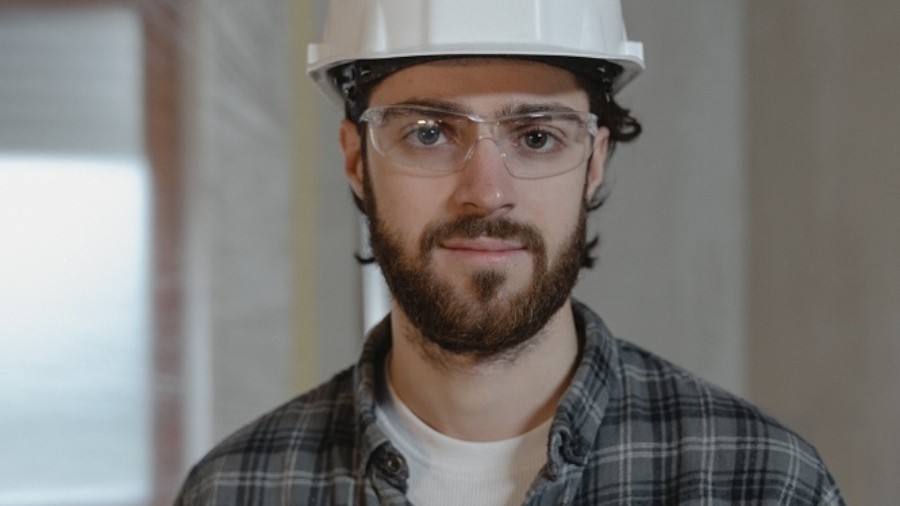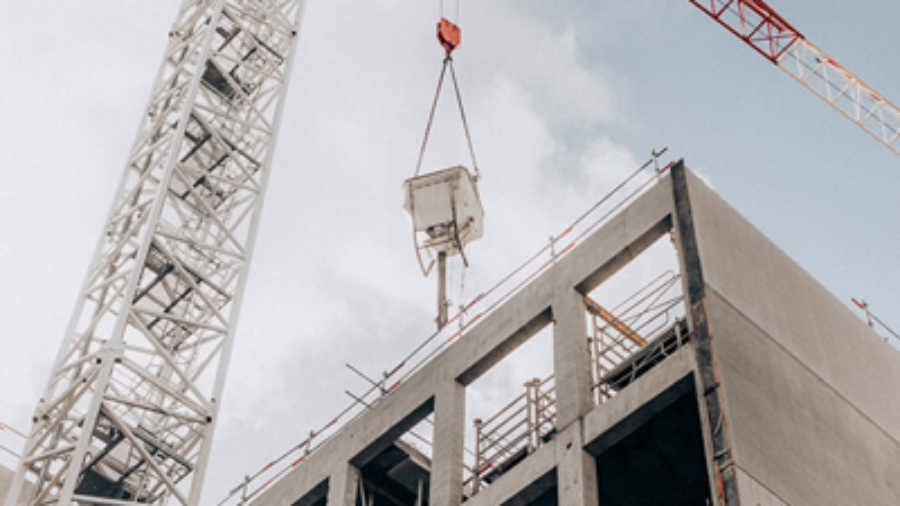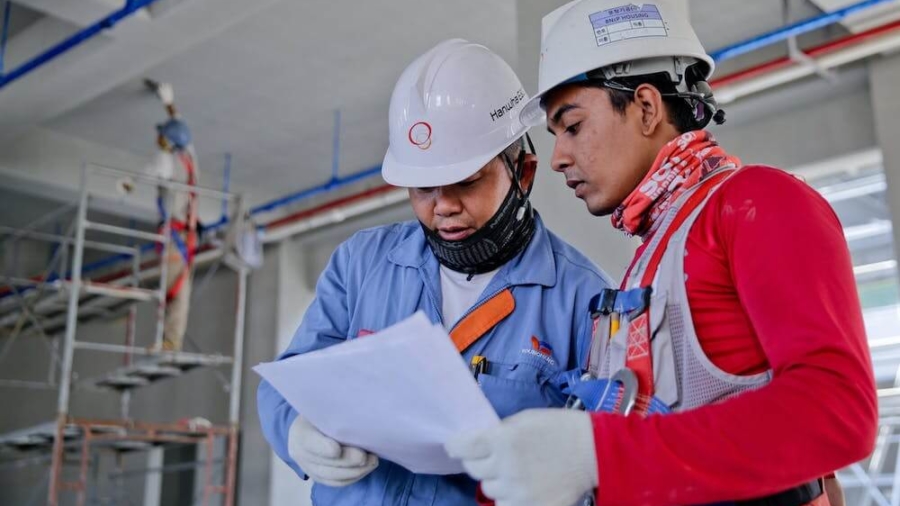You meticulously planned every step of a home improvement project. Working with a general contractor has reduced your responsibilities because the team of project managers from the general contractor handles the recruitment of trade professionals, as well as schedules daily tasks. However, there might be one step you should add to your home improvement project.
You should speak with a construction attorney to help you avoid costly mechanic’s liens.
A mechanic’s lien gives trade professionals a tool to protect themselves from property owners that refuse to pay for specialized services and the time put into a project. Most of the steps that help you avoid a mechanic’s lien have one thing in common.
Communication.
Let’s look at some basic principles that can help you avoid a mechanic’s lien.
Prequalification Process
One of the basics of a construction lien is for the general contractor to get paid what the company deserves. You can avoid the hassle of a mechanic’s lien by putting the general contractor through a prequalification process. Determine how the general contractor handled past payment practices before agreeing to a payment plan. You also need to know how a general contractor handles a missed payment.
Preliminary Notice
What frustrates a property owner more than just about anything concerning a construction project is unexpectedly receiving a mechanic’s lien. You avoid this issue by requiring the general contractor to ask for preliminary notices from every supplier and independent contractor. A preliminary notice provides you with the names of each trade professional, as well as what you owe each trade professional.
Asking for preliminary notices is one of the most important principles of real estate law.
Joint Checks
Issuing joint checks represents an effective strategy to avoid a mechanic’s lien, as well as prevent a contractor from receiving two payments during the same pay period. Issuing a joint check requires all parties to endorse the check before a financial institution releases the funds. If a trade professional and the trade professional’s supplier receive a joint check, the supplier must endorse the check before the trade professional can cash it.
Payment Bond
Taking out a payment bond removes the legal liability from your property to address a compensation issue. A payment bond transfers the inherent risk of receiving a mechanic’s lien to the issuer of the payment bond. If the general contractor, primary supplier, and independent contractor do not get paid by the payment deadline, each party has the right to make a claim against the payment bond.
Make Full Payments Before Every Deadline
One of the most important pieces of advice given by a construction attorney to a client does not involve legal jargon. You can avoid receiving a mechanic’s lien if you issue full payments on time, every time. Issuing full, timely payments is the most effective way to avoid a mechanic’s lien.
Alves Radcliffe, LLP — Construction Attorney
If you need assistance with an indemnity clause in your construction contract, call Alves Radcliffe, LLP at 916-333-3375 or send us an email. We have over 25 years of combined experience, and serve clients throughout Greater Sacramento, Northern California, and the San Francisco Bay Area.









